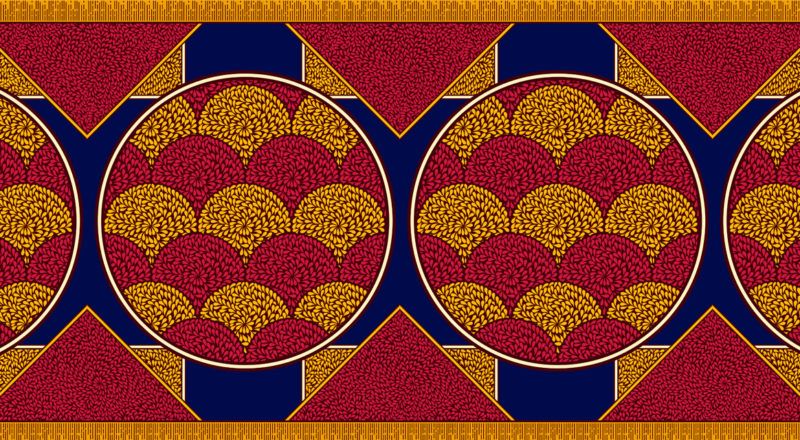We were sent the following poem, a modern working on the Yorùbá folklore tale of Olúrónbí, by Oluwatoba Opemip who is a student of Adekunle Ajasin University in Ondo state, Nigeria.
Twice a union stroll a year
Even when these amulets of riches…
Oral Poetry from Africa


Filed Under: Poems of Gods & Ancestors
We were sent the following poem, a modern working on the Yorùbá folklore tale of Olúrónbí, by Oluwatoba Opemip who is a student of Adekunle Ajasin University in Ondo state, Nigeria.
Twice a union stroll a year
Even when these amulets of riches…

Filed Under: Praise-Poems
Lithoko are praise poems from Lesotho, which is today a landlocked country surrounded by South Africa. These may be sung to praise chiefs such as Moshoeshoe the founder of the Sotho kingdom, there are also, lithoko tsa makoloane, praises performed at initiation rites and lithoko tsa bafo, the praises of male commoners.
Be quiet and listen to celebration,
Mixed with cries of weeping…

Filed Under: Praise-Poems
This is a second version of the Praises of Sobhuza II. This version of Sobhuza’s tibongo, sung by Mhlabeleli Dlamini, another member of the royal house, focuses on the later part of Sobhuza’s reign after his position had been secured.
The hurrying one of Mahlokohla
Who hurries to Egypt…

Filed Under: Relationship Poems
A spirit possession song from the southern region of Malawi, sung in ChiChewa and opening for the outsider a window on the sufferings of a society where children had, and have, only a 50% chance of surviving infancy. For women like Effie Musa from whom this song was recorded in August 1982, witchcraft practiced by one of her neighbours was the only plausible explanation.
Maize has a Market
Sorghum has a Market..

Filed Under: Praise-Poems
While Mswati II (1840–1868), who expanded Swazi land beyond its present boundaries, is celebrated as the greatest Swazi king, his son Mbandzeni (1875–1889) was beyond all doubt the worst. Historians dispute whether Mbandzeni was a kind man out of his depth, or a vain and greedy man who cared little for his subjects. Imbongi Maboya Fakudze presents him, in this tibondo, as an unmitigated disaster.
Eater at noon,
By eating in the sun…

Filed Under: Praise-Poems
Mswati, also called Mavuso III, succeeded Sobhuza I as king, ruling from 1840 to 1868. There are seven modern versions of Mwsati’s tibongo, all sharing the same emphasis on the scale of his conquests from the Indian ocean to the Drakensberg Mountains and from Zululand into what is today southern Mozambique.
You of the inner circle!
Agitator of Mbelebeleni…

This site opens a window on something that will be new to most people, namely, the vast amount of superb poetry hidden away in the 3000 different languages spoken in Africa … More